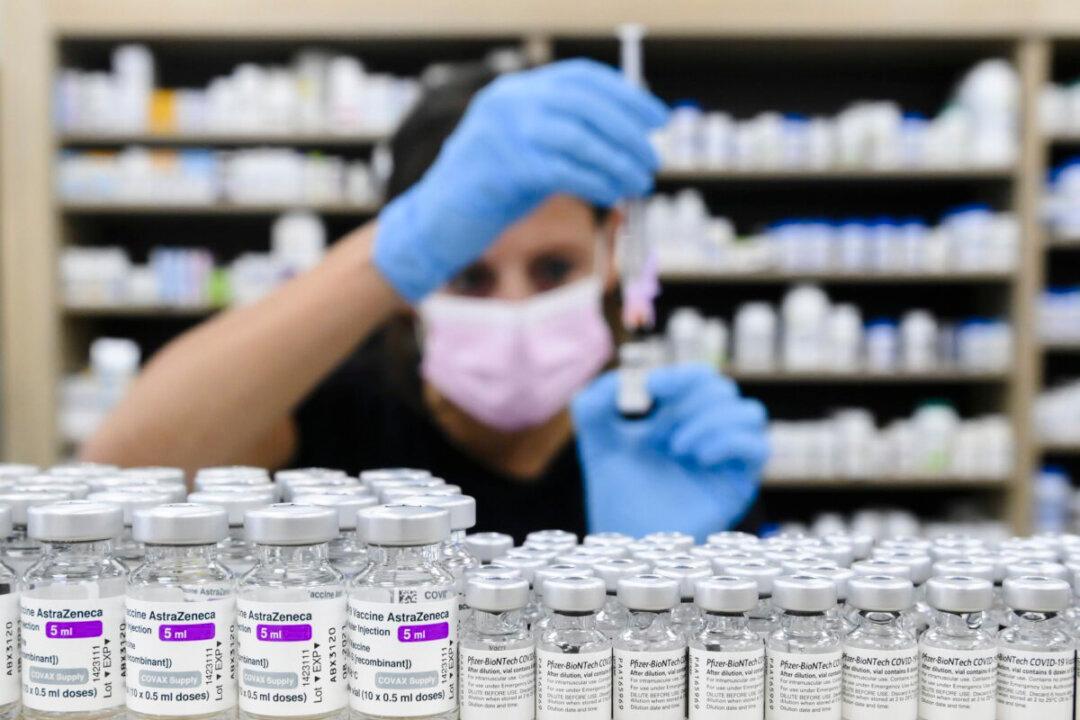The Federal Public Sector Labour Relations and Employment Board is facing years of hearings into complaints that COVID-19 vaccine mandates discriminated against federal employees’ religious beliefs, prompting the board to end in-person hearings to speed up the clearance of backlogs.
Board arbitrator Christopher Rootham noted the issue in his written decision on a federal employee’s grievance referred for adjudication.





